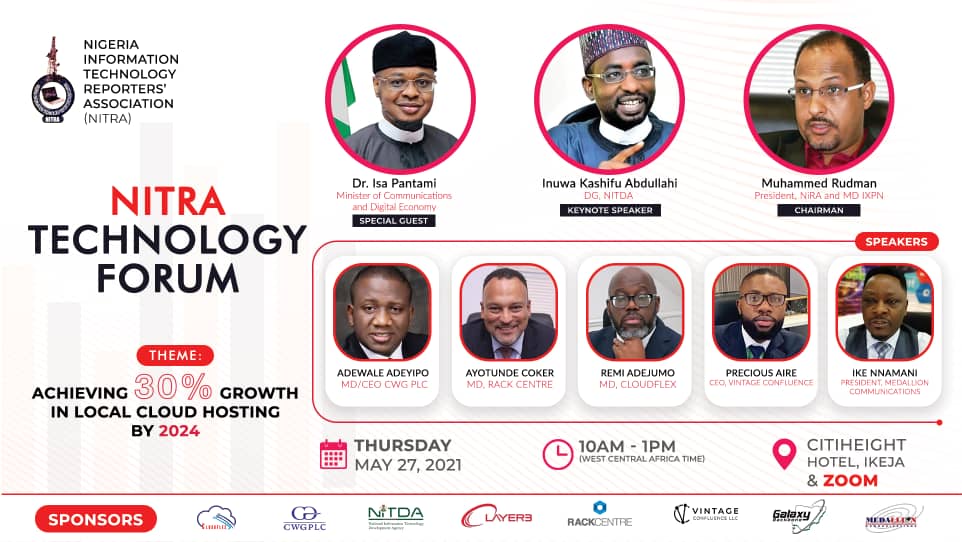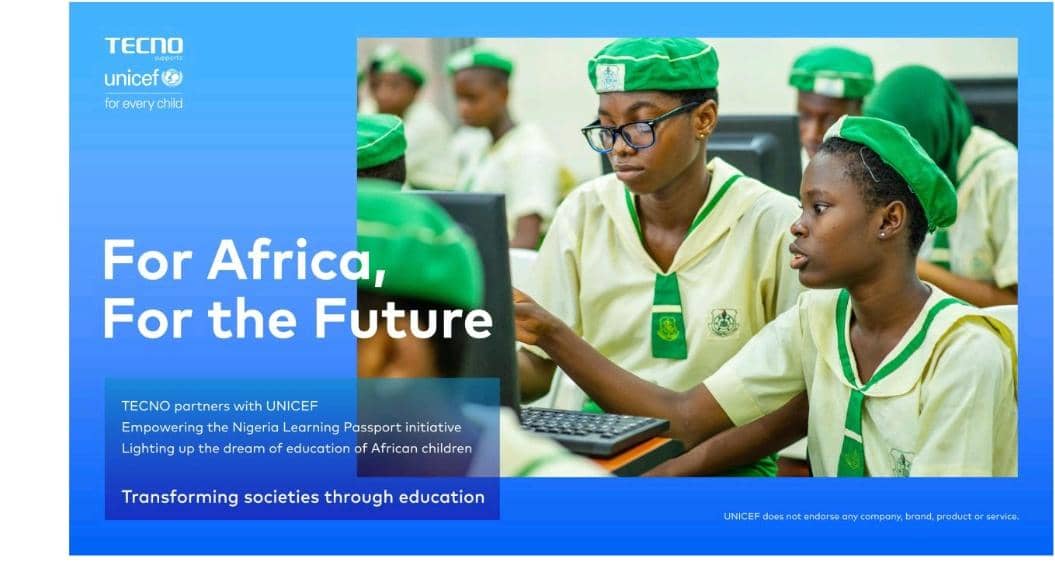Telecom Subscribers Group opposes Plans by Telcos to Hike Tariff

Moves by Nigeria mobile network operators (MNOs) to increase end user tariff on calls, data and others has been rejected by Telecoms subscribers under the aegis of Association of Telephones, Cable TV and Internet Subscribers of Nigeria (ATCIS)
The association stated that it is akin to putting the cart before the horse, maintaining that customer experience on the network should precede any tariff hike.
The Telcos through the Association of Licensed Companies of Nigeria (ALTON), warned about likely service disruptions in the country should they be restricted to charging a tariff that does not cover their cost of operation, citing micro and macro economic headwinds in the country.
However, ATCIS at a press conference in Lagos at the weekend, fervently opposed the proposed tariff hike arguing that acceding to such a demand by the Nigerian Communications Commission (NCC) will inevitably increase the burden of economic reform in the country.
Sina Bilesanmi, president, ATCIS, described the timing of the proposed tariff increase as “most insensitive” given the prevailing economic challenges faced by Nigerians.
“We are concerned that this strident call for a tariff hike is most unwelcome. It will impoverish telecom subscribers further, considering the realities on ground.
“We see it as most insensitive as it will impoverish our members the more in view of the realities on ground.
“The telcos have blamed the rising cost of diesel for powering their base transceiver stations (BTS) as one of the major reasons for the current clamour for tariff hike. We say no to any hike at this time with declining service quality.
“We say no to any hike without the consultation of consumer advocacy bodies such as ours. We reject any tariff hike without improved service quality. We align with the position of the NCC on this. The telcos shouldn’t resort to subtle threats and blackmail to get the approval of the NCC to hike tariffs,” Bilesanmi said.
President, ATCIS highlighted the significant contribution of the telecom sector to the nation’s gross domestic product (GDP) but emphasized that this does not justify burdening consumers with increased costs, adding “While we understand the industry faces challenges, we believe any tariff increase will place an undue burden on consumers, many of whom are already struggling with the current economic situation.”
ATCIS called on the NCC to intervene, saying: “We urge the telecom companies to show restraint in implementing these increases and to explore ways to minimize the impact on vulnerable consumers, most of whom are our members, the many voiceless Nigerians.”
ATCIS also requested for transparency from telecom companies, stating: “We call for full transparency on the justification for this increase and the expected benefits to consumers.
“We demand that telecom companies improve service quality in line with the increased tariffs which the experiences of our members on the network have shown.”
On his part, Mr. Sam Oladipupo, welfare manager at ATCIS, highlighted the need for fair billing practices and open stakeholder consultations before any tariff hike.
“Subscribers are tired of arbitrary charges and unexplained deductions. There should be transparency in billing and customers should be fully informed about any changes to their plans. The N4 we pay for SMS should not even be in the first place,” Oladipupo said.
The Welfare Manager at ATCIS, also called on telecom operators to reward loyal customers and show empathy to subscribers facing economic hardship, adding “It is important for telecom companies to recognize the value of their long-standing customers and support those struggling financially, especially at this time that most homes are struggling to make ends meet.”
ATCIS vowed to continue advocating for fair pricing, quality service, and the protection of consumer interests in Nigeria’s telecom sector just as it also emphasized its commitment to working with the telecom industry and the regulator to find solutions that protect consumers while ensuring the sustainability of the sector






